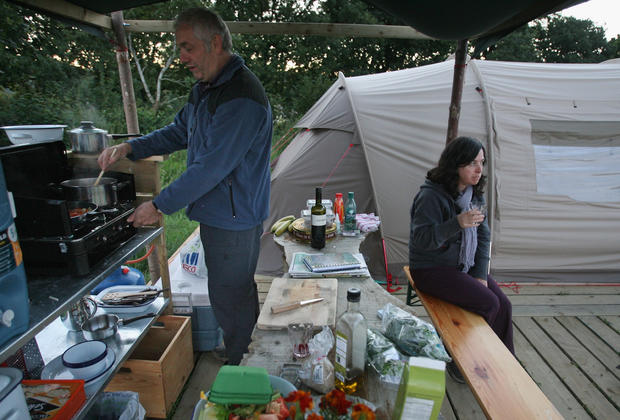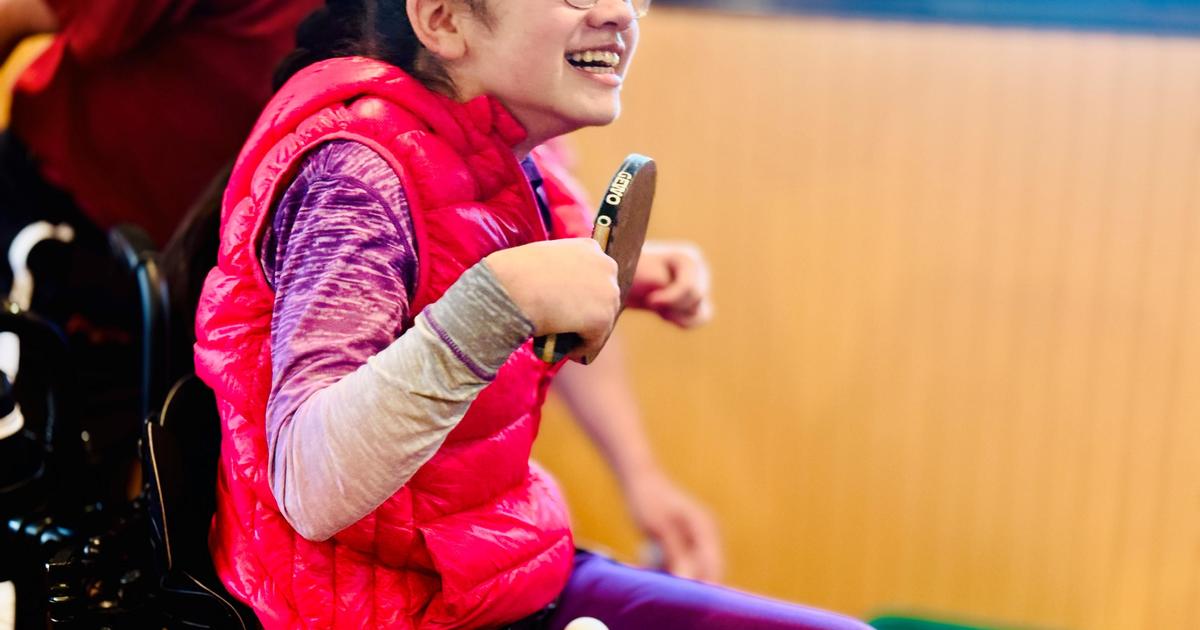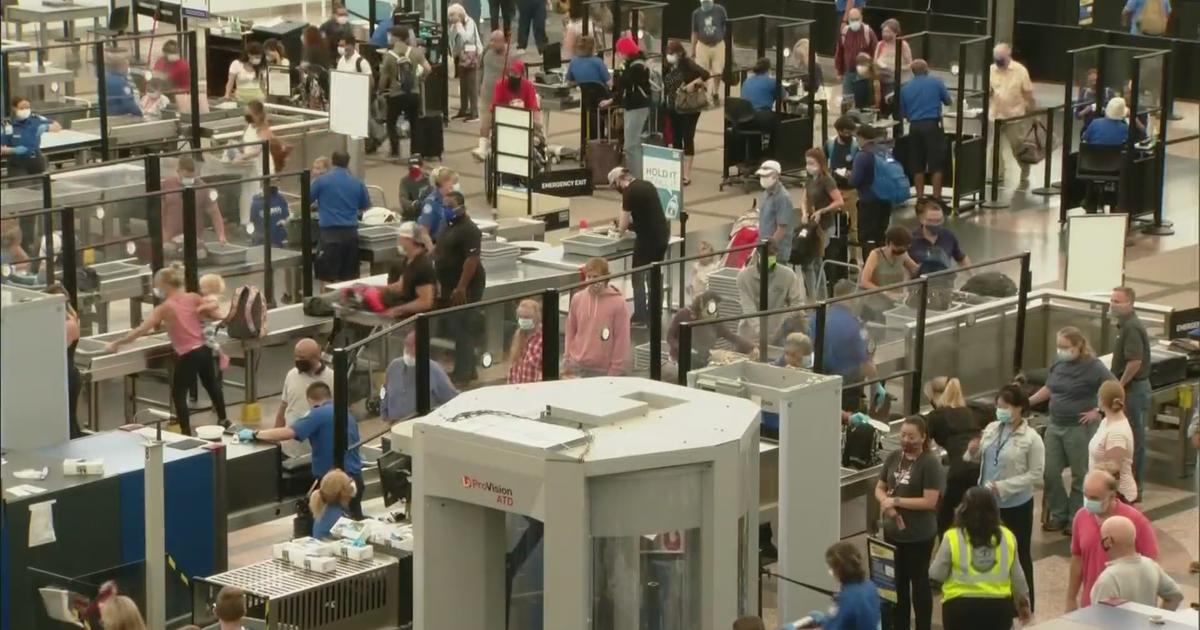Sleep Problems? Go Outside And Pitch A Tent
(CBS4) - The key to a good night's sleep, and a daytime of physical energy and mental alertness, is a properly tuned body clock. But in today's world of smartphones, computers, and bright-light mental stimulation, our body clocks tend to be out of whack ... and shuteye becomes open-eye.
New research from the University of Colorado suggests one answer to the problem of daytime dragging is to reset your body clock and circadian rhythms ... through a night with nature. In other words, killing the artificial light and stimulation, and living in a world of true sunrise and sundown.
Two studies were done -- both small -- but the results solid and sensible.
The first study took a look at two groups of people. The first spent a two days up in the mountains of Colorado camping; the other hung out back in civilization, living the modern city life. The campers didn't use phones, computers or artificial light -- they simply spent the time waking up or sleeping according to the "clock" of the outdoors. The people back home just did their regular thing.
Researchers then measured the levels of melatonin in the bloodstreams of people of each group after the two days, and found a healthy jump in the levels in the campers but a flat line in the city folk. Melatonin, as you probably know, is the brain chemical that helps us get to sleep ... naturally.
And not only did levels of melatonin rise, but the timing of the rise changed to about an hour and a half earlier than those who weren't camping.
In the second study, researchers pushed the time away in nature a little farther: one full week in the middle of winter. The result was more dramatic. Melatonin levels really spiked, and spiked more than two and a half hours earlier than in the non-campers.
What does it mean? Better and more effective sleep in those who rose and turned in according to the light cycles of nature. There was improvement in the quality of sleep, but also a noticeable improvement in the daytime levels of energy, alertness, concentration ... as well as less anxiety and depression.
Now sure, pitching a tent in the Rockies this frigid week is not everyone's idea of a great time. Nonetheless, it does point to the value of the repeated advice to kill the afterhours emails, video games, smartphones and anything else that blasts light into your eyes during the hours after sundown. The key, according to researchers, is exposure to natural light in the early morning -- right after sunrise -- which will adjust our body clocks for the best performance during the course of our day. After all, it is nature's way.
Dr. Dave Hnida is CBS4's Medical Editor. He blogs about the latest studies and trends in the health world. Read his latest blog entries, check out his bio or follow him on Twitter @drdavehnida




